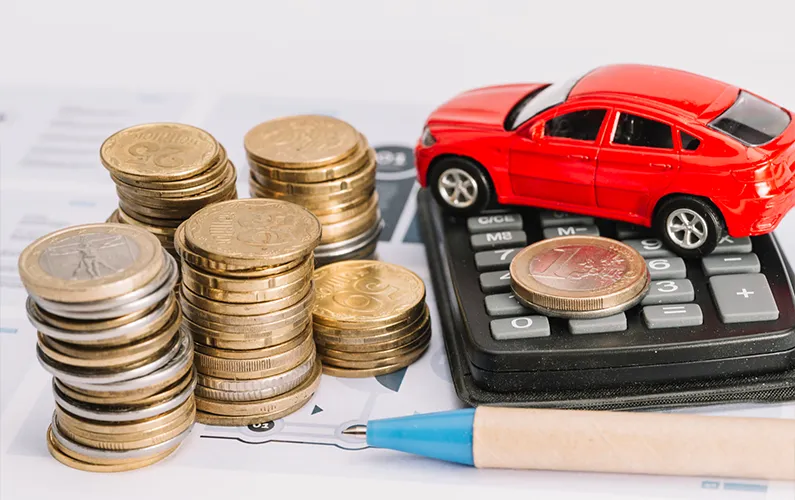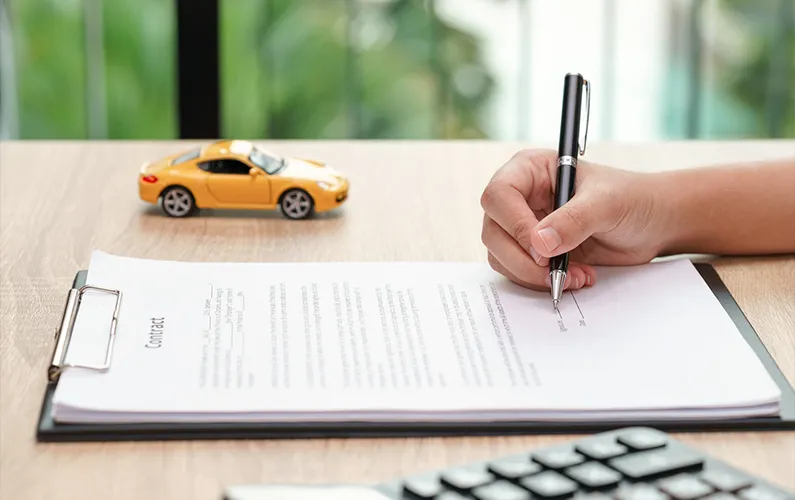Selling your car can be a daunting task, and choosing the right dealer is crucial to ensure you get a fair deal. Opting for an unreliable dealer or broker can lead to numerous issues, from financial loss to legal complications. Here’s why you should avoid selling your car to an unreliable dealer or broker.

Risk of Financial Loss
Why It Matters: Unreliable dealers often undervalue cars to maximize their own profit margins, leaving you with far less than your car’s true market value.
How It Happens:
- They might use high-pressure tactics to convince you to sell at a lower price.
- They may cite bogus issues with the car to negotiate a lower price.
- Some might even change the agreed price at the last minute, taking advantage of your eagerness to close the deal.
Impact: This not only deprives you of the true value of your car but also undermines your financial planning.

Legal Complications and Scams
Why It Matters: Unreliable dealers or brokers might engage in fraudulent activities, leading to potential legal troubles for you.
How It Happens:
- They may not complete the necessary paperwork, leaving the car still legally under your name, which could make you liable for any future legal issues or fines related to the car.
- Some dealers might sell cars with tampered odometers or without disclosing previous damage, which could come back to haunt you.
Impact: You could find yourself embroiled in legal battles, fines, or other complications long after you’ve sold the car.

Lack of Transparency
Why It Matters: Transparency is key to a fair and honest transaction. Unreliable dealers often operate with a lack of transparency, making it difficult for you to understand the true value and condition of the deal.
How It Happens:
- They might provide incomplete or misleading information about the transaction.
- You might not receive a detailed bill of sale or clear documentation of the transaction.
Impact: This can lead to confusion and disputes, making the selling process stressful and unpleasant.

Poor Customer Experience
Why It Matters: Selling a car should be a straightforward process, but dealing with an unreliable dealer can make it unnecessarily complicated and stressful.
How It Happens:
- Unreliable dealers may not communicate effectively, leaving you in the dark about the progress of the sale.
- They might not honour their commitments or follow through on promises on the agreed car value
Impact: This leads to a frustrating and time-consuming experience, making the process more difficult than it needs to be.

Reputation Damage
Why It Matters: Your reputation as a seller is important, especially if you might sell cars again in the future. Dealing with an unreliable dealer can tarnish your reputation.
How It Happens:
- If the dealer engages in unethical practices with your car, it might reflect poorly on you if the buyer traces the car’s issues back to you.
- You might be seen as complicit in the dealer’s unethical practices.
Impact: This can harm your standing in the community and among potential future buyers.
How to Avoid Unreliable Dealers
- Research: Look up reviews and ratings of dealers and brokers before choosing one.
- Ask for References: Reliable dealers will have a history of satisfied customers.
- Verify Credentials: Ensure the dealer is licensed and has a good standing in the industry.
- Seek Transparency: Choose dealers who provide clear and detailed information about the transaction.
Final Thoughts
Selling your car is a significant transaction, and it’s essential to choose a dealer or broker who is reliable and trustworthy. By avoiding unreliable dealers, you can ensure a fair price, a smooth transaction, and peace of mind. Always do your due diligence, seek transparency, and don’t rush into any deal. Your car’s value and your peace of mind are worth the effort.
When transferring the ownership of a car, both the buyer and the seller need to provide specific documents to ensure a smooth and legal transaction. Here’s a comprehensive checklist of the documents required from both parties:

